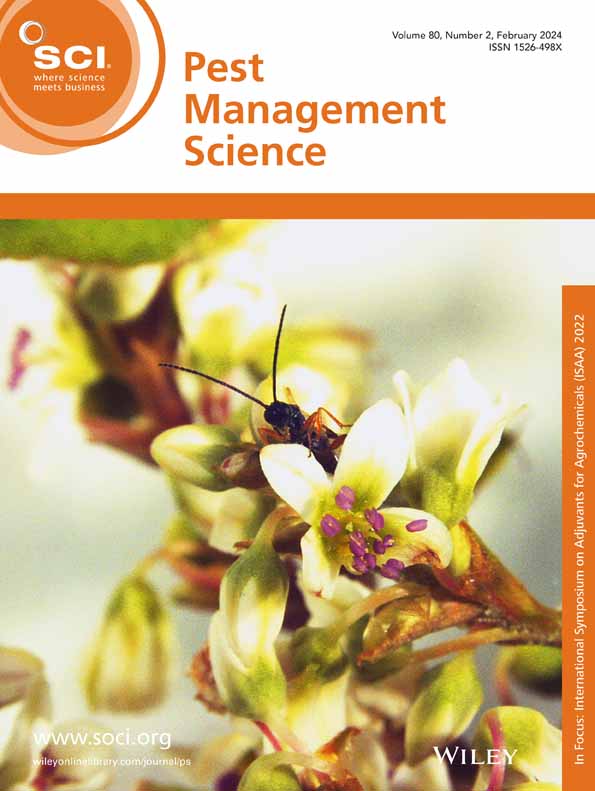Four birds with one stone: applying nitrification inhibitor on the basis of percarbamide restores yield, decreases fungicide residue, enhances soil multifunctionality and stimulates bacterial community
Abstract
BACKGROUND
Fungicide residues were frequently detected in vegetables and soils, which severely affected crop yields and qualities. Reasonable nitrogen management might promote yields and decrease fungicide carbendazim residues in plant–soil systems. Current study explores comprehensive relationships among carbendazim residues, crop yields, soil multifunctionalities and endophytic and soil bacterial communities after applying nitrification inhibitors (3,4-dimethylpyrazole phosphate and dicyandiamide) and percarbamide to different soils.
RESULTS
Combined nitrification inhibitor and percarbamide additions produced multi-effects on restoring yields, declining fungicide residues, promoting soil multifunctionalities and stimulating bacterial communities. Relative to the control, percarbamide application promoted carbendazim dissipations in upland soils but decreased bacterial community diversities and stabilities in different soils. Compared to exclusive percarbamide, extra dicyandiamide applications decreased carbendazim residues by 25.8% in upland soils and 70.2% in paddy soils, declined carbendazim residues in carrots via improving soil pH, ammonium nitrogen (NH4+-N) and Proteobacteria ratios. Relative to percarbamide application alone, extra dicyandiamide addition promoted the dry carrot yields by 133.2% in upland soils and 33.5% in paddy soils via promoting soil NH4+-N, Acidobacteriota and Actinobacteriota ratios and bacterial community diversities and stabilities. Upland soil multifunctionality improvements diminished soil carbendazim residues via promoting soil pH and NH4+-N, and paddy soil multifunctionalities and endophytic bacterial community structures generated negative influences on carrot carbendazim residues.
CONCLUSION
Our study suggested that nitrification inhibitor on the basis of percarbamide generated multi-effects on the different crop–soil systems: restoring carrot yields, reducing carbendazim contents, promoting soil multifunctionalities and stimulating bacterial community diversities and stabilities. © 2024 Society of Chemical Industry.


 求助内容:
求助内容: 应助结果提醒方式:
应助结果提醒方式:


